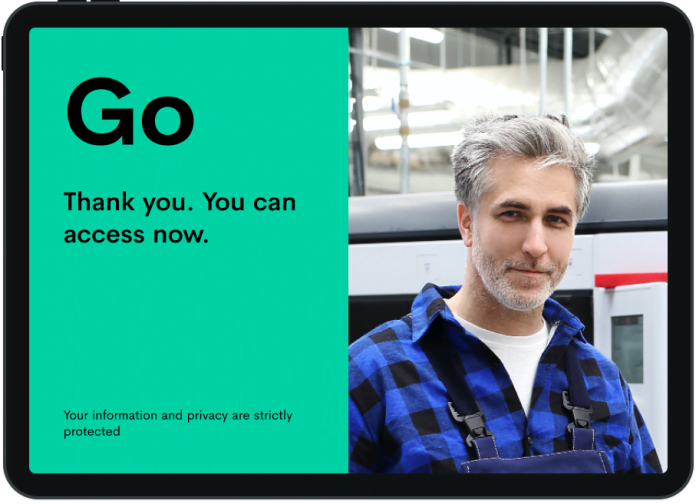A new survey released by Nirovision found 94 per cent of Australian industrial workplaces now have COVID-19 response plans, but only half of them are somewhat confident in its effectiveness.
The COVID-19 and the Australian Industrial Workplace survey conducted late this year found that that a COVID-19 outbreak would have either a significant or very significant impact on the operations of 68 per cent of industrial workplaces, with the most common impacts being shutdown of sites (28 per cent) and reduced or halted production and operations (20 per cent). However, only 8 per cent of industrial workplaces would expect a loss of revenue and reduced staff working hours.
In comparison, only 1 in 5 businesses would feel only a moderate impact on operations. Around half of respondents indicated that their greatest personal concerns regarding the COVID-19 pandemic were getting sick from COVID personally (52 per cent), the impact on mental health (50 per cent), impacts to or loss of business (49 per cent) and the probability that they would pass COVID on to others (46 per cent).
The provision of hand sanitiser/wipes, encouragement of face mask use and social distancing were the most implemented procedures (63 per cent-65 per cent) to combat a potential COVID-19 outbreak amongst those surveyed.
More than half (57 per cent) of respondents believe that their workplace will return to a pre-COVID level of normality in less than a year, with around a third (31 per cent) believing that normality will return between 1 and 2 years. Only 7 per cent of respondents believed that their workplace will not return to a pre-COVID level of normality until 2 years from now.
The mining, construction and medical services sectors expect to return to a ‘new normal’ fastest, while warehouses and logistics companies expect the longest delay to a return to normal operations. This directly correlates to their investment level in technology to protect against COVID-19, with medical services the largest investor followed by mining, construction and manufacturing who also conducted regular temperature checks most often.
“Most manufacturers have done a really good job tackling COVID although naturally the best plans devised by government and management groups usually have a degree of slip by the time they hit the real world”, explained Michael Brown, IT&C director of Visium Networks.
“The real challenge will be keeping their guard up as case numbers remain low or even sit at zero, particularly as summer approaches when it is less comfortable to wear masks and following COVID safe rules seams arbitrary when cases have been low a long time”.
More than two-thirds of respondents (67 per cent) indicated their workplaces have invested in technology to assist against the pandemic, with temperature screening technologies (53 per cent) and remote working/distance learning (50 per cent) the most common technologies, followed by facial recognition temperature screening technology (41 per cent) and access control technology (33 per cent). 25 per cent has invested in robot/drone deliveries and 20 per cent in 3D printing of medical equipment.
A majority of respondents (77 per cent) indicated that their workplace would be very likely or somewhat likely to invest in new technology to help keep their employees and workplace COVID-safe, with 67 per cent indicating that their workplace would be very likely or somewhat likely to invest in facial recognition temperature screening technology specifically to help prevent potential COVID-19 outbreaks.
“While we are lucky to have a smaller risk of COVID outbreaks in Australia at the moment, I believe there is a still a high risk to industrial workplaces with parts or products being delivered into your workplace every day from international sites,” said Clint Wolff, managing director, Innovative Security and Data.
“It’s important to continue to protect your staff especially when you don’t know the safety steps that have been taken in other areas of the supply chain.”
According to Nirovision’s CEO, Jimmy Lee, while businesses have been exploring advanced automated technology to increase access control, security and safety of staff and assets, the COVID-19 pandemic escalated this investment, as it escalated other forms of digital transformation..
“While the immediate impact of COVID is lessening, industrial businesses are keen to continue to protect their operations as they do not have the option of remote working,” Lee said. “It’s essential that we keep Australia open for business, not just through this pandemic but against second waves and other potential dangers.”
#securityelectronicsandnetworks.com











